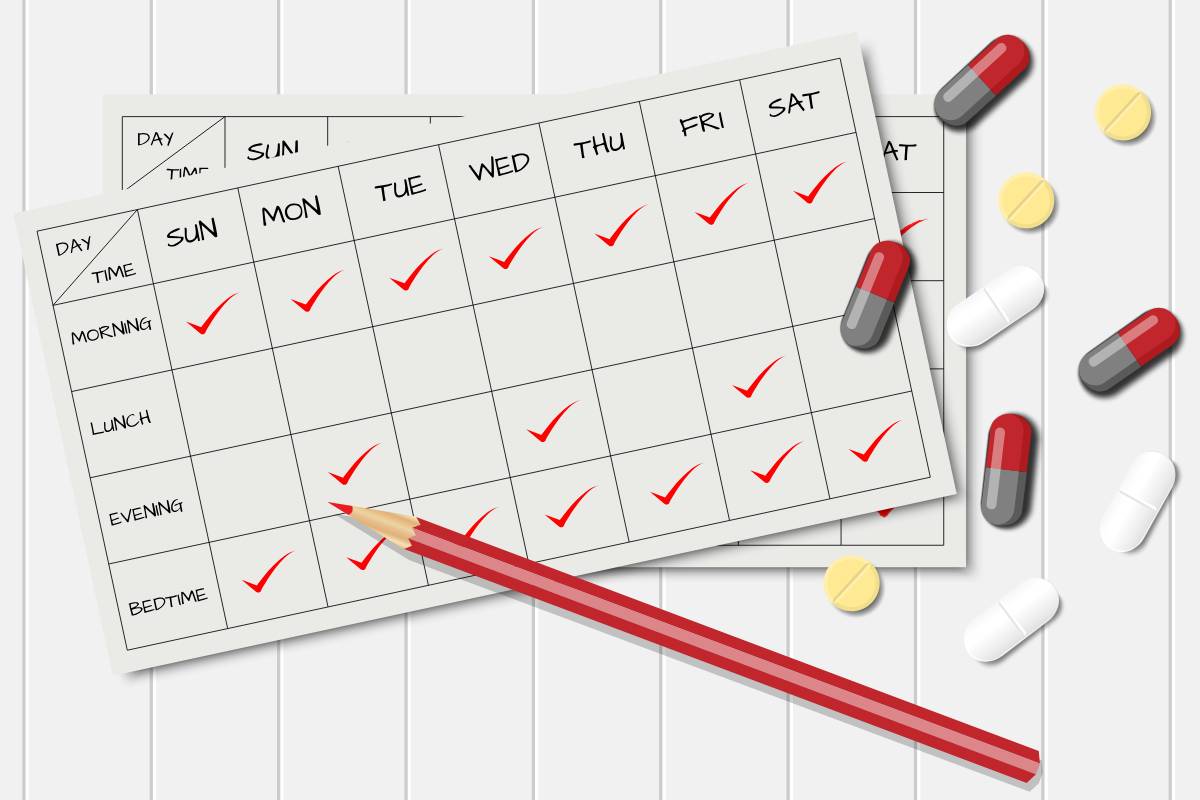Understanding The Significance Of A Medication Schedule

When you or your loved one resides in a retirement community, maintaining a healthy and vibrant lifestyle is paramount. One key aspect of this is managing medications effectively. A well-structured medication schedule plays a vital role in this context, ensuring that residents receive their treatments at the right time, in the correct dosage. Let us delve into the importance of a medication schedule and how it supports well-being within a senior living environment.
The Foundation of Effective Healthcare
In a daily activity calendar, a medication schedule is not just a list of medicines with times next to them. It is the backbone of an effective healthcare regimen, particularly for individuals managing multiple medications. In a retirement community setting, where individuals may face various health challenges, adhering to a medication schedule ensures that treatments work as intended, promoting the highest quality of life possible.
Why A Medication Schedule Matters
- Ensures Consistent Treatment: Regularity in taking medication prevents the rollercoaster effects of under or overdosing. It keeps the body's response to the medication steady, which is crucial for controlling chronic conditions and ensuring medications work effectively.
- Reduces the Risk of Side Effects and Interactions: A well-planned medication schedule considers the interactions between various medications, thereby minimizing the risk of adverse effects. It ensures that the timing and dosage of medications are optimized to work together harmoniously.
- Supports Independence and Confidence: For residents of a retirement community, maintaining autonomy over their health and daily activities is essential. A clear medication schedule empowers them, offering a sense of control and independence.
- Facilitates Effective Monitoring and Adjustments: Healthcare professionals in a retirement community can monitor the effectiveness of medications more accurately when they are taken as scheduled. This makes it easier to adjust dosages or medications as needed, based on the resident's response.
Implementing A Medication Schedule
The implementation of a medication schedule in a retirement community setting involves several key steps:
- Personalization: Each resident's medication schedule should be tailored to their specific healthcare needs, considering all the medications they are taking, including over-the-counter drugs and supplements.
- Communication: Effective communication between residents, healthcare providers and caregivers is essential to ensure that the medication schedule is understood and followed correctly.
- Technology and Tools: Utilize tools and technology, such as pill organizers, alarms and medication management apps, to help residents adhere to their schedules. These aids are especially beneficial for those with memory challenges.
- Regular Reviews: The medication schedule should be reviewed and updated regularly by healthcare professionals to account for any changes in the resident's health status or treatment plan.
The Role of Services and Amenities
A comprehensive approach to health and wellness in a retirement community includes access to services and amenities that support medication management. This might include on-site healthcare professionals, medication delivery services and educational programs on medication management.
A medication schedule is a critical component of healthcare management within a retirement community. It ensures that residents receive their treatments effectively and safely, promoting their overall well-being. By adhering to a personalized medication schedule, communicating openly with healthcare providers and utilizing available tools and services, residents can maintain their health and independence, enjoying their lives to the fullest.
